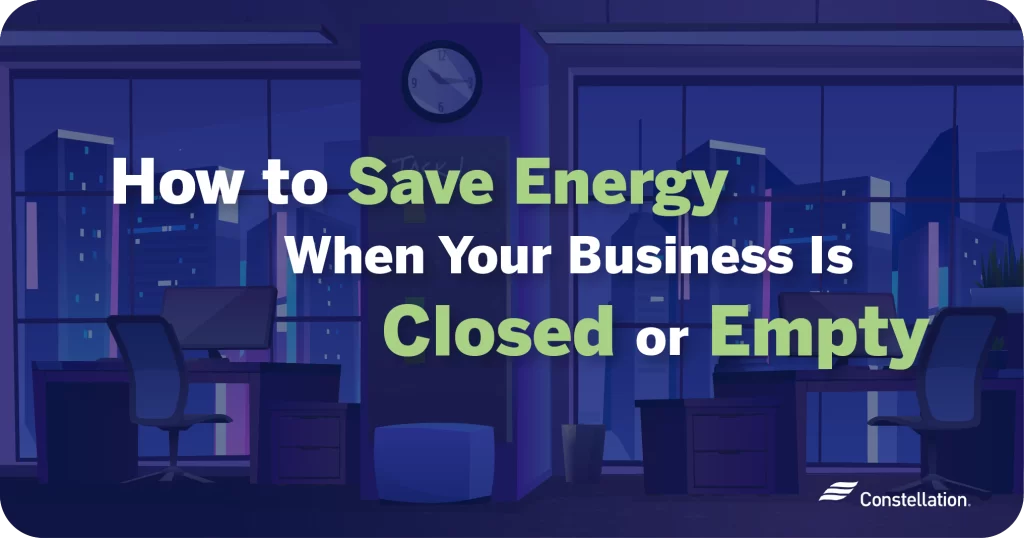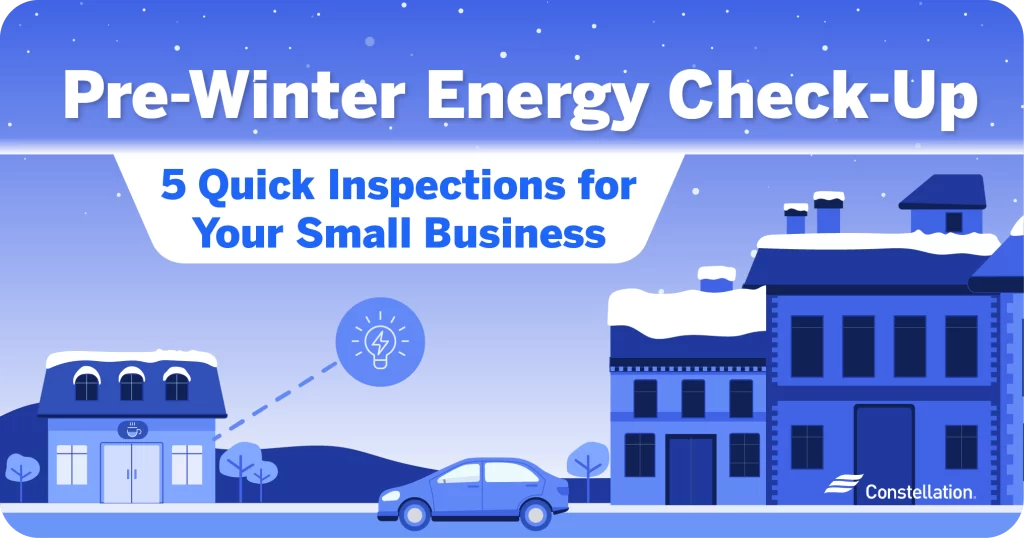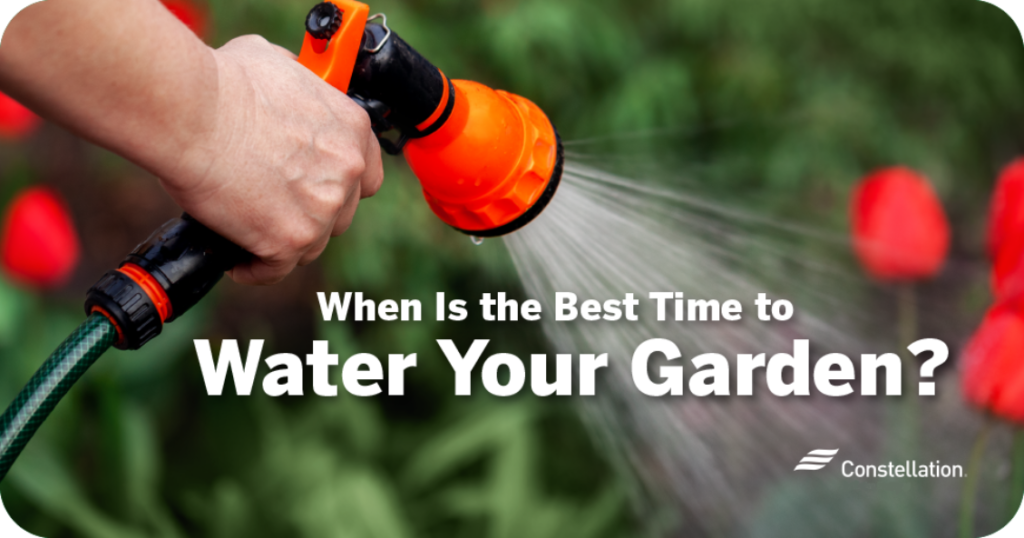
When is the Best Time to Water a Garden to Conserve Water?
Figuring out the best time of day to water your garden involves several factors. You’ll want to start by thinking about the growth cycles of the plants in your garden.

What’s an HVAC Protection Plan and How Does It Work?
Now might be a good time to consider the benefits of having an HVAC protection plan. Heating and cooling protection plans ensure your systems are in good working order year-round.

Electricity Explained: How Electricity Is Made and From What Sources
Electricity powers many important things in our everyday lives, from the refrigerators that keep our food cold to the lights that illuminate our homes. It’s easy to take the convenience that electricity offers for granted, especially when it comes at the flick of a switch or push of a button.

Lesson Plan: “Red Goes Green” Energy Conservation
Hey Phillies Phans – Join the ‘Red Goes Green’ movement by learning about energy conservation! This lesson aims to introduce students to energy saving behaviors and why it is important to save or conserve energy at home and even at the ballpark.

9 Fall Energy Savings Tips for Your Home
Fall energy savings can help lead to a lower heating bill and reduce wear and tear on your heating system. It all begins by giving your heating system a thorough checkup and taking care of routine maintenance, among other important home heating energy-saving tips.

How to Heat Your Home More Efficiently
It’s time to think about how to heat your home efficiently. Fall can sneak up on us fast.
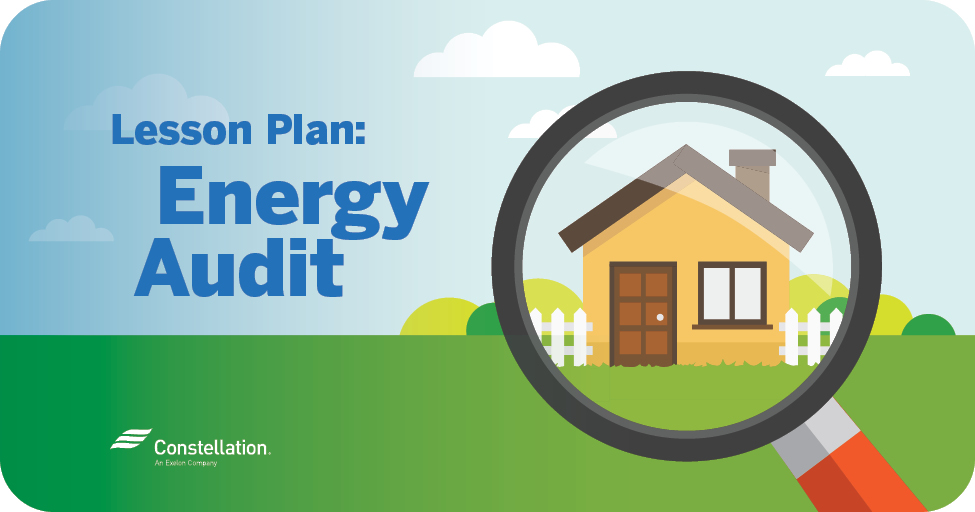
Lesson Plan: Energy Audit
We’ve been focused on energy this summer – thinking about the sources of energy we use and how and why we should save energy. Saving energy is good for our environment, and it’s good for our wallets.
Get Pricing on Electricity or Natural Gas Plans in Your Area
Whatever your energy needs, we've got a plan for you
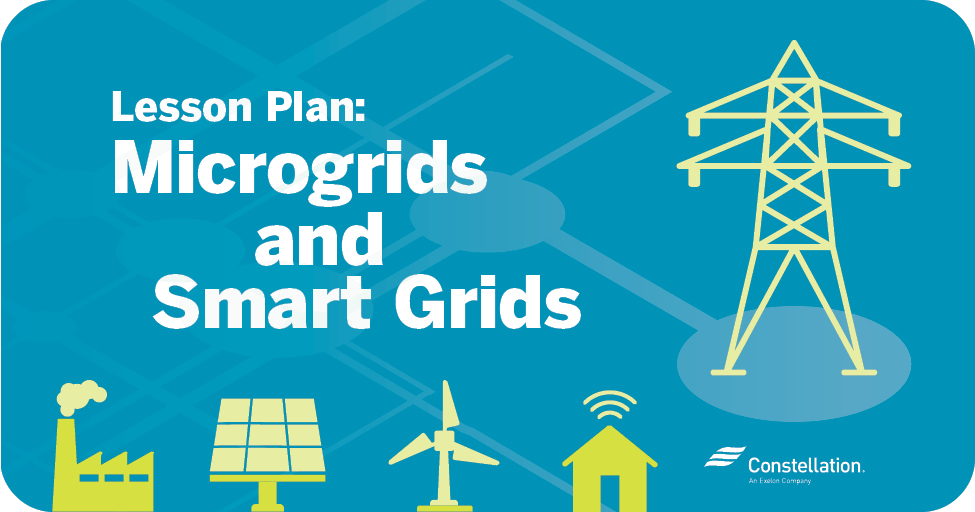
Lesson Plan: The Electric Grid, Smart Meters & Microgrids!
This lesson will help students understand how electricity is transported and how smart meters and grid upgrades will help utilities and customers understand their energy consumption in an effort to save energy. Students will also be introduced to microgrids as a way for communities to reduce energy consumption collectively and ensure their local electrical infrastructure
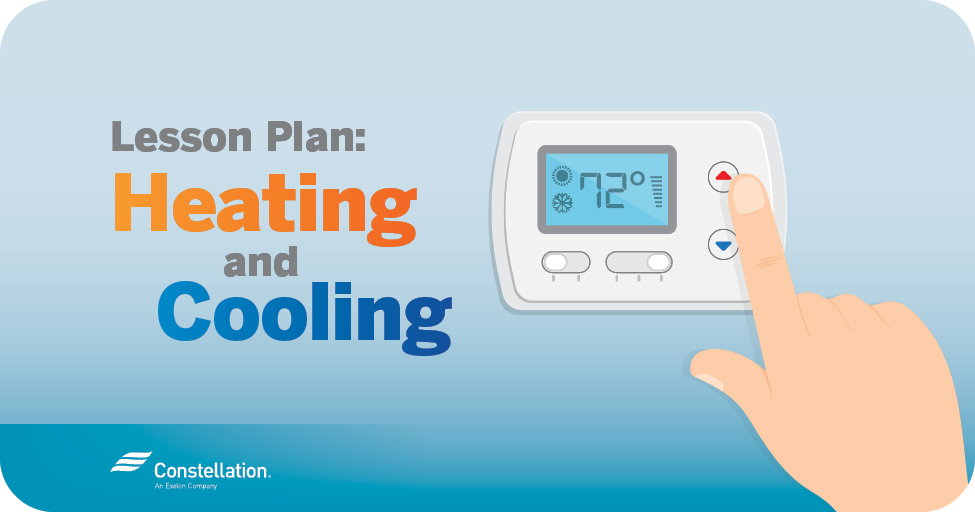
Lesson Plan: Heating and Cooling
Let’s play a game of hot and cold. You guess the answer and if you’re correct – you’re hot, and if you’re wrong, you’re not!
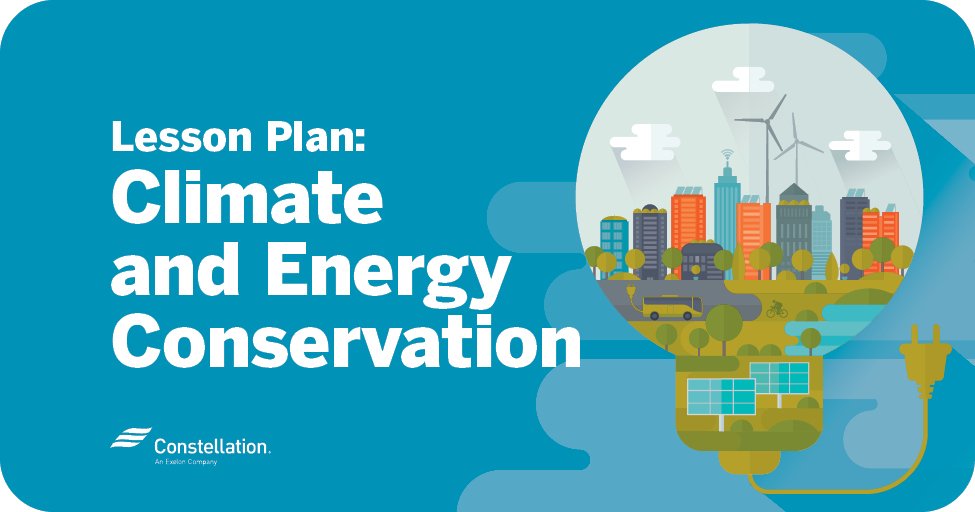
Lesson Plan: Climate Change & Energy Conservation
This lesson will help students and families consider their use of energy in all parts of their daily lives and how energy consumption can contribute to a climate conundrum. From powering cars and devices, to providing the “stuff” we use throughout our day, energy consumption is a major contributor to the emissions of carbon dioxide
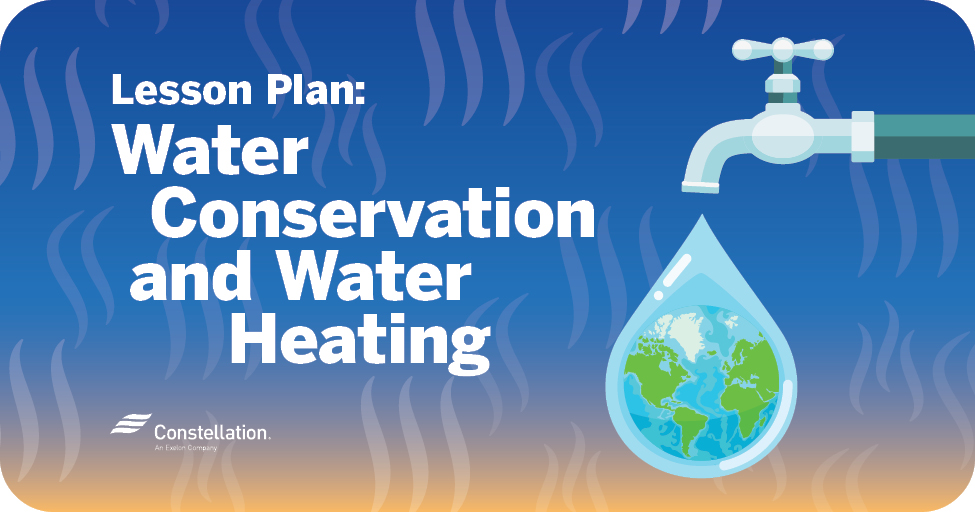
Lesson Plan: Water Conservation
The amount of water you use in your household can have a big impact on the total amount of energy used by your home. Heating water for showers, baths, laundry and dishes accounts for more than 15 percent of a home’s utility expenses.

